Knapp v. Ginsberg 67 Cal.App.5th 504
Case Summary
Knapp v. Ginsberg is a case decided by the California Court of Appeals after a dispute arose when provisions in a premarital agreement were not honored by a probate court. The widow sued her former lawyer, who executed the premarital agreement arguing legal malpractice. Her lawyer requested summary judgment, arguing that the statute of limitations in CA. Code of Civil Procedure § 340.6 barred her claim. The trial court granted the motion for summary judgment. California Court of Appeals reversed and remanded for further proceedings on the malpractice claim.
Procedural History
The background facts of this case are as follows. Brooke Knapp, appellant, and Grant Tinker, now deceased, were set to be married in 2004. Prior to their marriage, the couple executed a Premarital Agreement (PMA) which controlled the couple’s marital home, the Perugia property. Respondents Larry Ginsberg and his law firm, Harris-Ginsberg LLP (collectively Ginsberg), represented Knapp in connection with the PMA and approved the PMA as to form on her behalf. Tinker was not represented by independent counsel and did not sign the required waiver of counsel for unrepresented parties.
The PMA expressly provided, “In the event that Tinker dies and there remains, for any reason(s), an encumbrance against the residence and Tinker has not made the foregoing arrangements to provide for the full payment of same upon his death, Knapp shall have a lien against Tinker’s estate in an amount sufficient to promptly pay the full amount of such lien or encumbrance so as to ensure that Knapp receives the property free and clear of any such liens or encumbrances.”
Tinker made a number of changes to his trust and estate plan while he was living, some of which concerned the Perugia property. Upon his death, his children filed petitions to set aside these amendments as the result of undue influence. Knapp sold the Perugia property and sought $4 million from the estate to pay off the mortgage. The probate court eventually awarded a global settlement which included less favorable terms to Knapp than the PMA. The lien was not honored.
Knapp sued Ginsberg for legal malpractice for his execution and preparation of the PMA. Knapp alleged that the PMA was unenforceable due to Ginsberg’s failure to ensure that Tinker signed a waiver of legal representation.
Ginsberg moved for summary judgment on Knapp’s claims. Ginsberg made several arguments, but the most prominent being that Knapp’s claim was barred by the statute of limitations statute of limitations in CA. Code of Civil Procedure § 340.6.
The trial court granted Ginsberg’s motion for summary judgment. On that issue, Knapp appealed.
Legal Arguments
Each state has a codified statute of limitations for claims of legal malpractice. California’s statute is held in CA. Code of Civil Procedure § 340.6, subdivision (a) which reads:
“An action against an attorney for a wrongful act or omission, other than for actual fraud, arising in the performance of professional services shall be commenced within one year after the plaintiff discovers, or through the use of reasonable diligence should have discovered, the facts constituting the wrongful act or omission, or four years from the date of the wrongful act or omission, whichever occurs first….
[T]he time for commencement of legal action shall not exceed four years except that the period shall be tolled during the time that any of the following exist:
(1) The plaintiff has not sustained actual injury.
(2) The attorney continues to represent the plaintiff regarding the specific subject matter in which the alleged wrongful act or omission occurred.”
Ginsberg argued that any alleged malpractice occurred when the PMA was executed and signed, in 2004. Ginsberg argued that this was when Knapp was “actually injured”, by finding out that Tinker was not represented by counsel in his signature of the PMA. Ginsberg’s arguments would defeat Knapp’s claims filed in 2019, 15 years later.
The California Court of Appeals found Ginsberg’s arguments unpersuasive due to the tolling provisions in the statute. The statute clearly does not begin to run until the plaintiff suffers an actual injury.
According to Knapp, her actual injury occurred in October 2018, when she executed the settlement agreement in probate court after the estate refused to honor the lien mentioned in the PMA.
The Court of Appeals found that at the earliest, Knapp suffered an injury in December 2017. This would have given her until December 2018 to file suit against Ginsberg. However, Ginsberg and Knapp had entered a tolling agreement in October 2018 which tolled the limitations period until April 30, 2019. Knapp filed suit on April 2, 2019.
Strategic Implications
To resolve issues about a statute of limitations, courts are careful to balance the interests of parties involved while focusing on the text of the statute. When provisions for statute of limitations include tolling provisions, California courts will strive to extend the full protections of these tolling provisions
If you practice in a state where the statute of limitations for legal malpractice claims includes tolling provisions, you need to become intimately aware of all of these provisions.
If these tolling provisions include a requirement for “actual injury” assume that a court will look for an injury in the form of a judgment, monetary award, monetary loss, or other quantifiable effect. Do not assume that the court will find a client was actually injured by being made aware of harmful information, as Ginsberg did. Court’s will not impute an attorney’s legal knowledge onto a client. Now Knapp has another day in court to argue why Ginsberg should be held liable for legal malpractice
Legal Disclaimer: The information on this blog is for general informational purposes only and does not constitute legal advice. It is based on current legal standards but does not create an attorney-client relationship. For advice specific to your situation, consult a qualified attorney.
The views expressed are those of the individual authors and do not reflect those of any affiliated organizations or a single Katz Law Firm lawyer or agent. The accuracy and applicability of the information may vary. The blog owner and authors assume no liability for actions taken based on this content. Always seek professional legal counsel before making any legal decisions.



















